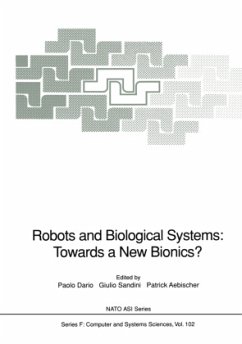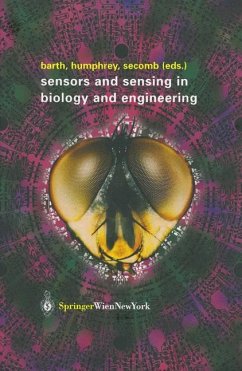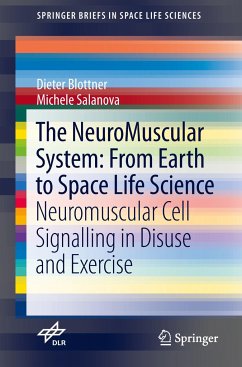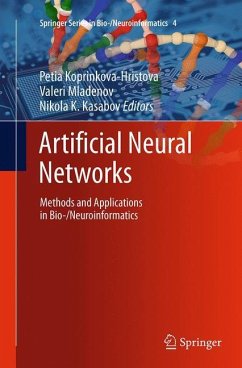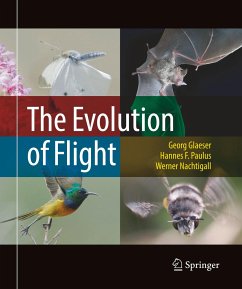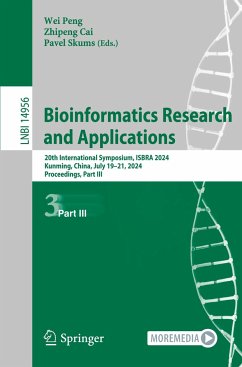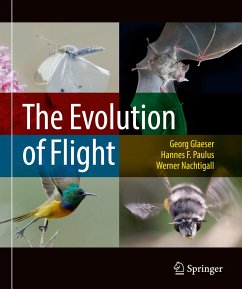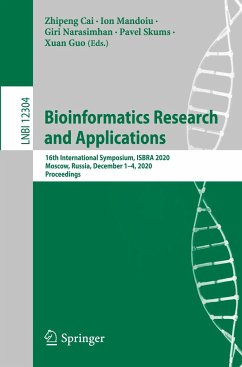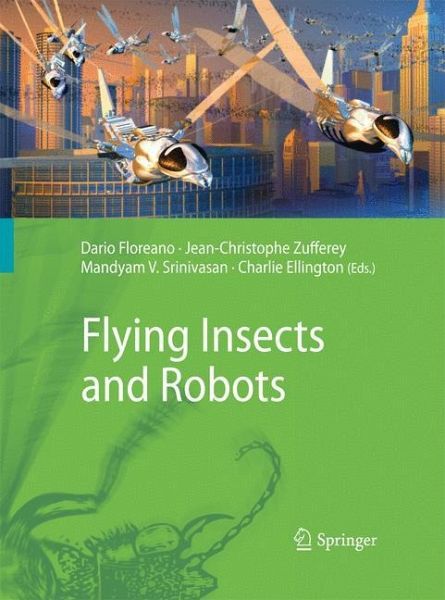
Flying Insects and Robots
Versandkostenfrei!
Versandfertig in 6-10 Tagen
113,99 €
inkl. MwSt.

PAYBACK Punkte
57 °P sammeln!
Flying insects are intelligent micromachines capable of exquisite maneuvers in unpredictable environments. Understanding these systems advances our knowledge of flight control, sensor suites, and unsteady aerodynamics, which is of crucial interest to engineers developing intelligent flying robots or micro air vehicles (MAVs). The insights we gain when synthesizing bioinspired systems can in turn benefit the fields of neurophysiology, ethology and zoology by providing real-life tests of the proposed models.This book was written by biologists and engineers leading the research in this crossdisci...
Flying insects are intelligent micromachines capable of exquisite maneuvers in unpredictable environments. Understanding these systems advances our knowledge of flight control, sensor suites, and unsteady aerodynamics, which is of crucial interest to engineers developing intelligent flying robots or micro air vehicles (MAVs). The insights we gain when synthesizing bioinspired systems can in turn benefit the fields of neurophysiology, ethology and zoology by providing real-life tests of the proposed models.
This book was written by biologists and engineers leading the research in this crossdisciplinary field. It examines all aspects of the mechanics, technology and intelligence of insects and insectoids. After introductory-level overviews of flight control in insects, dedicated chapters focus on the development of autonomous flying systems using biological principles to sense their surroundings and autonomously navigate. A significant part of the book is dedicated to the mechanics and control of flapping wings both in insects and artificial systems. Finally hybrid locomotion, energy harvesting and manufacturing of small flying robots are covered. A particular feature of the book is the depth on realization topics such as control engineering, electronics, mechanics, optics, robotics and manufacturing.
This book will be of interest to academic and industrial researchers engaged with theory and engineering in the domains of aerial robotics, artificial intelligence, and entomology.
This book was written by biologists and engineers leading the research in this crossdisciplinary field. It examines all aspects of the mechanics, technology and intelligence of insects and insectoids. After introductory-level overviews of flight control in insects, dedicated chapters focus on the development of autonomous flying systems using biological principles to sense their surroundings and autonomously navigate. A significant part of the book is dedicated to the mechanics and control of flapping wings both in insects and artificial systems. Finally hybrid locomotion, energy harvesting and manufacturing of small flying robots are covered. A particular feature of the book is the depth on realization topics such as control engineering, electronics, mechanics, optics, robotics and manufacturing.
This book will be of interest to academic and industrial researchers engaged with theory and engineering in the domains of aerial robotics, artificial intelligence, and entomology.



